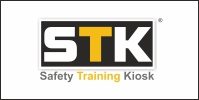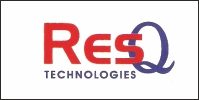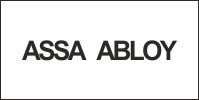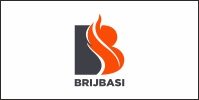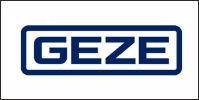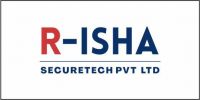 What Is Statutory Compliance?
What Is Statutory Compliance?
Statutory compliance, in HR, refers to the legal framework within which organizations must operate, in the treatment of their employees.
Every country has several hundreds of federal and state labour laws that companies need to align with. A lot of your company's effort and money goes into ensuring compliance to these laws which could deal with a range of issues; from the payment of minimum wages to maternity benefits or professional taxes.
Therefore, dealing with statutory compliance requires for companies to be well-versed with the various labor regulations in their country of operation.
What Is The Need For Statutory Compliance?
Adhering to statutory compliances is necessary for all big and small companies in the world to keep their businesses safe from the legal trouble. A deep knowledge of statutory compliances is required to minimize the risk associated with the noncompliance of statutory requirements.
In today's competitive and legal business world, it is very challenging for employers to manage statutory compliances without a good payroll management software. Each country has various kinds of compliance requirements. This write-up discusses the statutory requirements for Indian payroll system.
There are a number of statutory requirements for Indian companies and companies have to spend a significant amount of time in their payroll management to ensure that they are compliant with the legal regulations. If companies fail to adhere to statutory compliances, they may have to face heavy penalties which are several times more than complying with legal guidelines.
The Statutory Compliances Required For Indian Payroll
The common Statutory requirements that companies have to follow for their payroll management in India are:
Statutory Requirements For Minimum Wages
This act provides for fixing minimum rates of wages for skilled and unskilled laborers. It not only guarantees money for bare minimum survival requirements of workers but also takes care of education, medical requirements, and some level of comfort of workers.
The Minimum Wages Act being a state subject, the statutory compliance of a centralized Payroll management is to cater for the payment of minimum wages to an organization's workers spread out across different states. Empxtrack Payroll has the provision to map this complex requirement.
Payment of 'Overtime' wages to workers is also a statutory requirement as per the Factory Act & Payment of Wages Act. It affects sectors like manufacturing & construction.
TDS Deduction
Every employer who is paying salary to employees has to deduct TDS under section 192 of the Income tax Act, 1961, if the salary is more than maximum amount exempt from tax. The employers also need to generate Form 24Q and Form 16 in time. Some of the salary components that impact TDS deduction are: HRA, Special allowance, Leave travel allowance, Children education allowance, Medical allowance, Investments.
Statutory Compliances For ESI Fund And PF Deduction
ESI fund, maintained by ESIC is applicable to employees earning Rs 15,000 or less per month to provide the cash and medical benefits to them and their families.
PF is a compulsory contributory fund for the future of employees after their retirement or for their dependents in case of their early death.
Professional Taxes
Professional tax or employment tax is a state-based tax. It is one of the statutory deductions from the gross income before computing the tax.
Gratuity
Gratuity is the amount given to employees by employer when they leave the job after completing five years in service. Gratuity is calculated as Basic + DA divided by 26 * No of years of service *15.
EDLI
The EDLI (Employees' Deposit Linked Insurance Scheme) provides assurance benefit (death insurance cover) to employees along with PF benefit. The employees do not contribute anything towards EDLI. The employers contribute 0.5% of the total wages of employees subject to a maximum of Rs 6500/-. EDLI applies to all the organizations where EPF Scheme applies.
The Payroll Software from STAR LINK takes care of all the above given compliance requirements and statutory deductions required in India. It allows you to manage your PF and ESI preferences, manage professional tax, select the salary heads applicable to you, manage TDS through investment declarations and automatically calculate salaries after TDS deduction while processing payroll. In addition, it allows you to manage all your statutory compliances with ease and efficiency.















